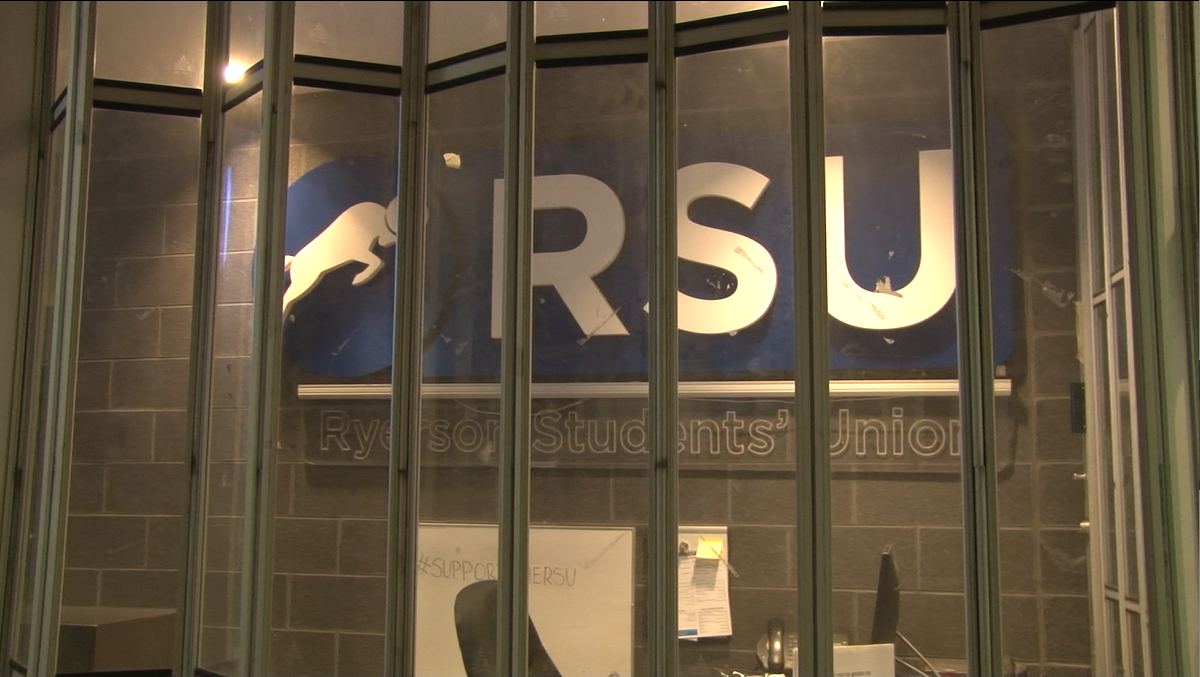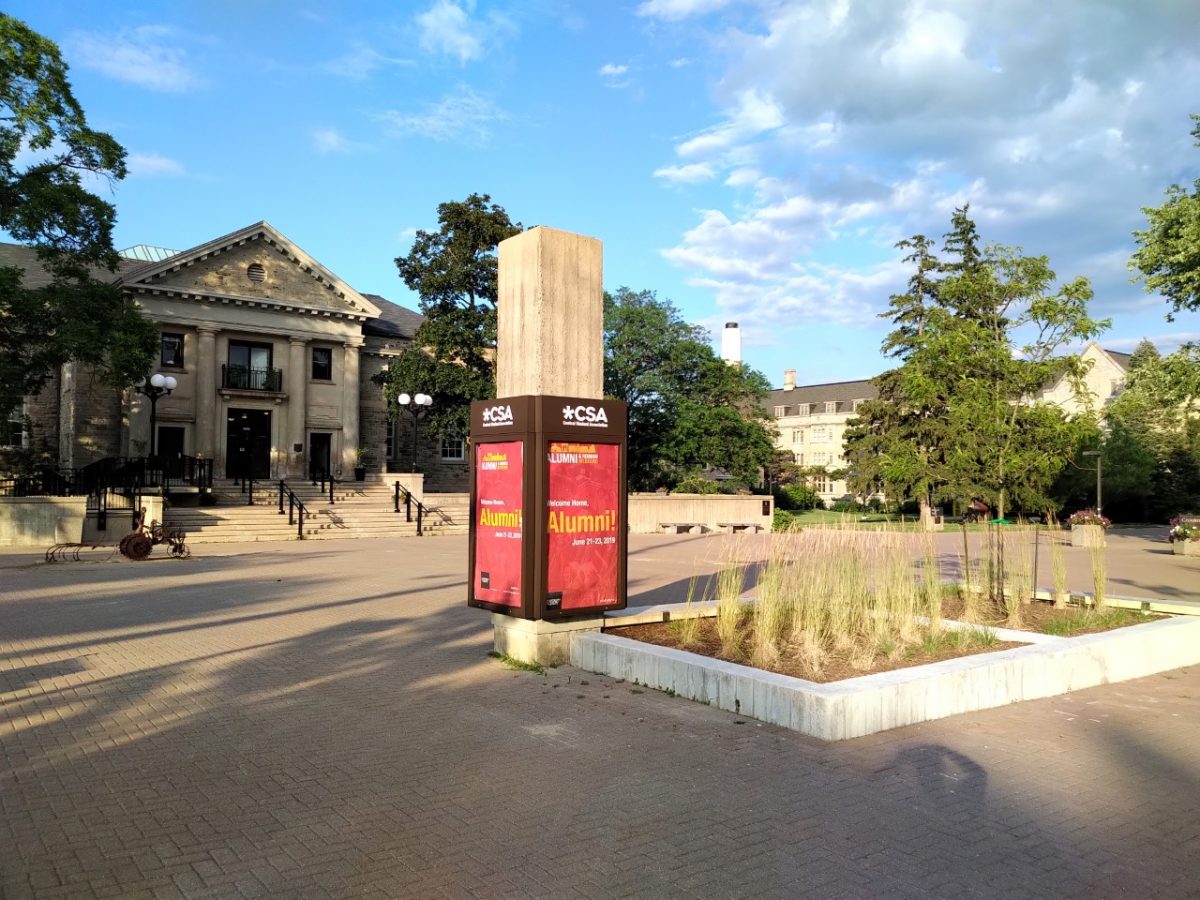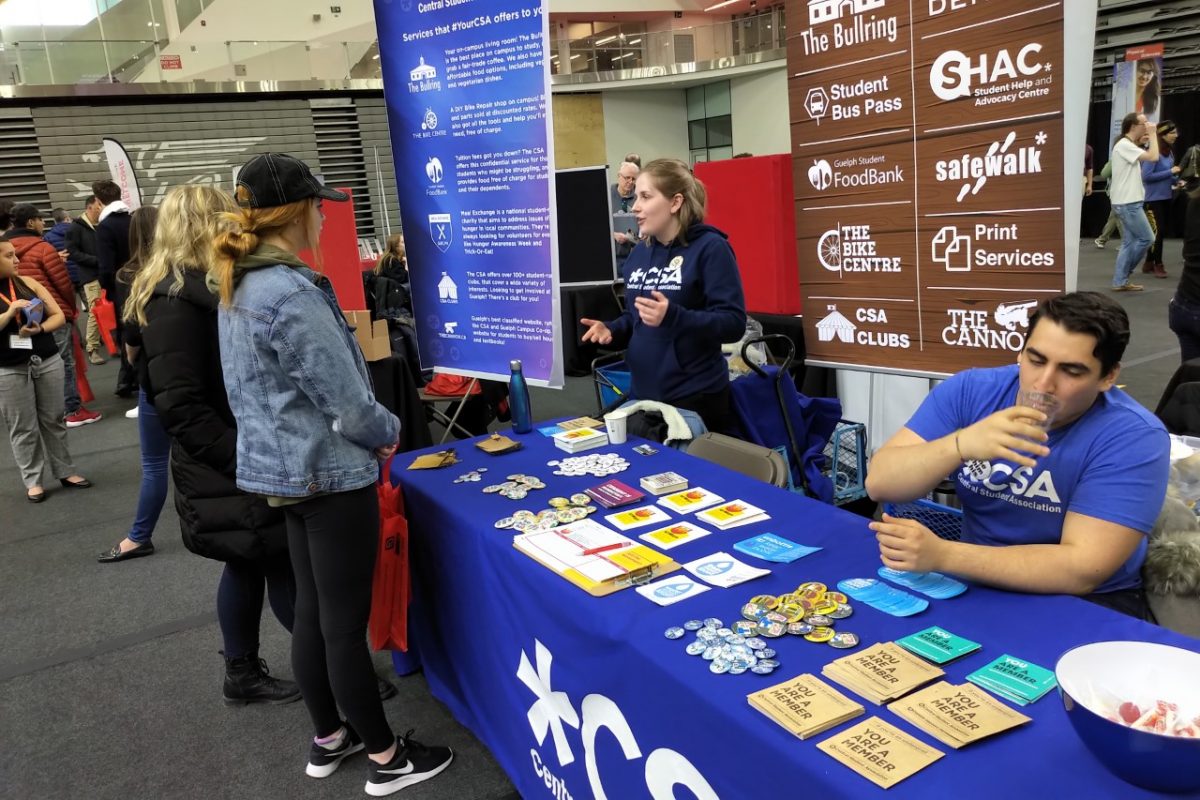
Imagine if half of all elected officials in the government resigned on the same day.
Imagine how wayward that would make our political landscape. We would be looking at half-baked campaigns for weeks as parties scrambled to field enough candidates for a general election.
That is not quite the situation Ryerson students found themselves in this January, but if you scale down the governance structure, it’s not far off.
As of January 6th, half of the elected executive of the Ryerson Student Union (RSU) had resigned from their positions.
For many people outside the echo chamber of academia, student unions are no more than a slightly older version of your highschool student council. The reality is that they are a junior version of a municipal government, and that distinction matters.
Following the resignations, Ryerson University cut ties with the RSU. One of their reasons was “the recent public turnover of several leadership positions within the current executive and [… improper governance, mismanagement, and internal conflict,” and they are currently in the process of implementing an – as of yet – undefined group.
“Not every student union is perfect,” says Emma Sandri, news editor at The Eyeopener, “The RSU has been trying to make progress. I mean whether that progress has been good enough is up to debate but I think we’ve come a long way from the credit card statements.”
Since the RSU has been in the news an unusual amount for a post-secondary student union over the past year, there were more eyes looking when four of the executive resigned. Student union executive resigning is not an unheard-of event, and it happens more often than most people know.
Some schools, like Sheridan College, are “largely absent of student politics,” says President of the Sheridan Student Union (SSU) Ben LeBlanc and their executive take classes while working. If an executive resigns for academic, or non-contentious reasons, it’s likely to go unnoticed.
“I just personally found it [an] extremely toxic, extremely unsafe workplace.” Naja Pereira, the ex-VP Equity at the RSU said on The Ear-opener podcast, “When it comes to the way that things were handled when there was conflict, [it] was not handled correctly.”
Pereira’s statement reflects the kind of thing that has been echoed in the past from student executives across Ontario.

In a letter obtained by The Sheridan Sun to a student union at The University of Guelph, one resigning executive wrote; “young, seemingly inexperienced students are elected into office, to supervise middle-aged staff.” They added, “I have felt more antagonized than supported this year.”
The Ryerson ex-VP Education Kwaku Agyemang elaborated on his resignation on Facebook.
“During the course of my employment, I have been silenced by the President of the organization with verbal threats.” Agyemang posted, adding, “Today, I am putting an end to being silenced, and walking away from internal corruption, discrimination, and harassment.”
Horeen Hassan, the current and returning VP External at the University of Guelph Central Student Association (CSA), says that some of the most common reasons people quit are “spreading yourself too thin and burnout.” Hassan says that those feelings are a strong cause for students to “disengage from the union altogether or […] to find other avenues of doing the advocacy work that they’re really passionate about.”

Dena Van de Coevering, current President of the CSA, adds that communication skills are crucial in a student union office.
“[It’s] looking at the people the process and the product,” says Van de Coevering “a big part of that is communication and right out of the gate, in this particular environment, it’s a full-time job overlapping quite heavily with several other individuals around the tables from […] around campus.”
Van de Coevering emphasized that student unions are staffed by people who don’t always know what they’re doing and that they can sometimes fall victim to inexperience.
When viewing the ongoing situation at Ryerson in the coming weeks or months. It is worth keeping in mind that the students at the RSU this year probably had the best of intentions.
Not everyone is made for politics. “I’m taking a break for everything because like I knew I just needed to,” said Victoria Anderson-Gardener, ex-VP Marketing at the RSU, to The Ear-opener, “I have a pretty good film career that I’ve started.”
For more on Student Union Politics, check out the Defunct Mayhem – Student Union Podcast where Jack talks to Dena and Horeen and expands on the topics mentioned in this article.